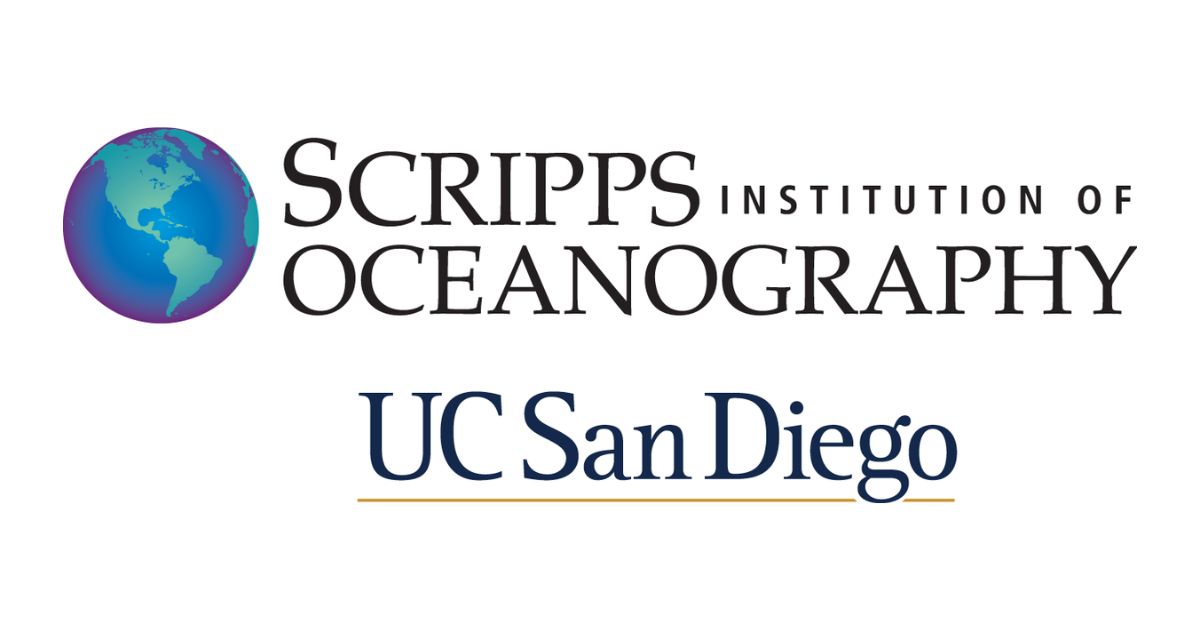Under direction, The Instrumentation Engineer participates as an engineering member of the technical team working on the design, development, construction, testing and maintenance of a wide variety of unique hydrometeorological and hydroclimatological equipment at study sites in multiple watersheds throughout the western US.
The Instrumentation Engineer develops and modifies low power embedded microcontroller systems; develops and modifies embedded digital signal processor systems; develops and modifies software for data acquisition; develops and modifies analog and digital circuit designs; documents instrumentation systems including schematics and pcb design; and documents laboratory and field procedures. Supports junior researchers, interns, and graduate students to prepare and test sensors and systems in the lab, and then deploy and maintain field equipment in various environments. Supports long-term research projects that rely on hydrometeorological and hydroclimatological monitoring and sampling. Keeps current on the latest technologies and research advances.
The Instrumentation Engineer uses skills as a seasoned, experienced, electrical engineering professional to support major research efforts requiring hydrometerological observations of the atmosphere and landscape. Assignments typically require concentration in a field of application where subject matter knowledge relevant to research objectives and methodology is of great value in understanding and establishing engineering design criteria. Demonstrates good judgment in selecting methods and techniques for obtaining solutions.
QUALIFICATIONS
- Thorough knowledge and experience with engineering principles and methods to perform the full range of engineering professional design work independently. B.S. in Electrical Engineering, Physics, or Computer Science and three years of engineering experience or equivalent combination of education and experience. Theoretical knowledge in Electrical Engineering, Physics, or Computer Science. Demonstrated experience and strong working knowledge of digital electronics including familiarity with basic digital circuit design using gates, flip-flops, counters, registers, RAMs, ROMs, etc. Demonstrated experience and expertise in the various phases of the design of electronic systems.
- Thorough knowledge necessary to apply principles, practices, and procedures in completing assignments. Strong background in electronics theory and practice including basic network theory, circuit design using op amps, familiarity with active filters, oscillators, voltage regulators and power circuits, etc. Extensive demonstrated experience using electronic laboratory instrumentation (oscilloscopes, waveform generators, spectrum analyzers, etc.) Demonstrated good working knowledge meteorological sensors including but not limited to soil moisture, soil temperature, surface meteorology, vertical pointing radars, GPS, and optical disdrometers.
- Demonstrated extensive experience with both hardware and software development techniques.
- Good working knowledge and demonstrated experience with circuit board layout and fabrication. Demonstrated experience with PC Based schematic capture and printed circuit board layout CAD software.
- Extensive experience and expert-level working knowledge of C, C++, Python, and/or Matlab programming language. Extensive experience and expert programming skills with embedded microcontrollers.
- Demonstrated good working knowledge of Windows and Unix operating systems regarding system administration and maintenance.
- Working knowledge of UCSD network security policy and standards. Proven ability toinstall firewalls, password protection, and anti-virus software. Proven ability to install patch updates, minimize unencrypted authentication, and set up firewalls.
- Willingness to go into the field for 2-3 months per year.
- Extensive experience with remote fieldwork.
- Proven experience in planning and performing laboratory work and fieldwork necessary to meet project objectives safely including when traveling with hazardous materials, in adverse conditions such as travel within mountain regions at high altitudes, travel to wet and dry regions, travel in extreme weather including extreme heat, extreme cold and extreme wet, travel in vulnerable areas during wildfire season, and travel to remote mountain areas in all seasons including winter travel by tracked vehicles, skis, and snowshoes.
- Ability to work collaboratively; identify challenges and barriers and recommend resolutions. Excellent interpersonal communication skills including thoughtfulness, diplomacy, and flexibility with students, staff, faculty, collaborators, stakeholders, communities, and partners from diverse backgrounds and cultures. Ability to problem solve and resolve conflict. Willingness and demonstrated ability to embrace and consistently uphold the principles of community for a collaborative work environment.
- Ability to lead and influence others.
- Demonstrated organizational and decision-making abilities to prioritize competing work assignments to meet deadlines, adhere to quality standards, and respond effectively to unexpected events or changes. Demonstrated ability to use independent judgment and make responsible and safety-conscious decisions in the lab and in the field.
- Strong analytical and judgment skills to independently conduct analyses and develop appropriate recommendations.
- Effective written and verbal communication and presentation skills. Proven ability to convey complex information clearly and concisely. Proficient writing skills, especially for proposals and specialized technical report publication.
- Proven ability to develop and maintain strategic relationships and partnerships with remote stakeholders and partners.
Salary Range: $80,00.00 - $103,400.00 / Year
Application Deadline: July 27, 2022





